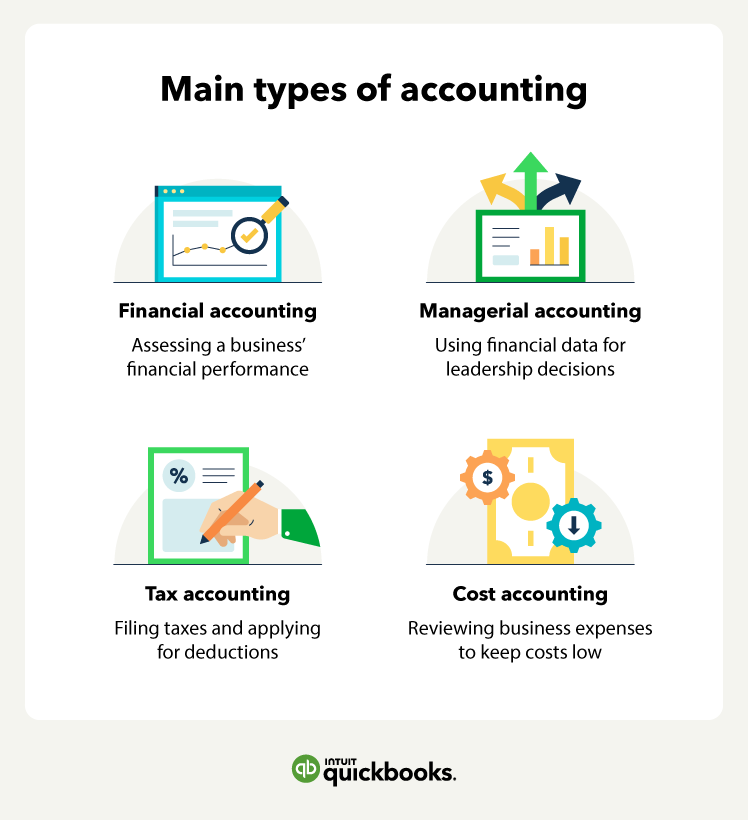Accounting I covers the basics, while Accounting II deals with more advanced topics. The topics discussed are “general” and apply to accounting practices worldwide – whether in the USA, Europe, Asia, etc. Another easy to use option that’s perfect for self-employed entrepreneurs who need an affordable accounting solution is Neat. In accounting, you’ll come across certain titles which appear to bear similar duties but actually have unique job descriptions. In this section, we’ll briefly review the roles of accountants vs. CPAs and tax professionals.
Module 2: Accounts Receivable and Inventories
Business owners need to be familiar with various accounting types to know what accountant they should hire in any given situation. Be aware that just because someone is an accountant doesn’t mean that they are a good fit for the accounting task that you have in mind. It’s important to find someone who specializes in the type of accounting that you need. International accountants help companies navigate regional, national and local laws and regulations. They must adhere to the International Financial Reporting Standards (IFRS), developed by the International Accounting Standards Board (IASB). The purpose of these documents is to provide those in leadership positions with the information they need to make better business decisions.
Why Is Accounting Important for Investors?
Federal tax returns must comply with tax guidance outlined by the Internal Revenue Code (IRC). At larger companies, there might be sizable finance departments guided by a unified accounting manual with dozens of employees. Amanda Bellucco-Chatham is an editor, writer, and fact-checker with years of experience researching personal finance topics. Specialties include general financial planning, career development, lending, retirement, tax preparation, and credit. If a business generates more than $25 million in average annual gross receipts for the preceding three years, however, it must use the accrual method, according to IRS rules. If you want to expand your business globally or work with companies in other countries, working with an international accountant can help you take advantage of opportunities overseas.
Module 9: Earnings Management
Accounting information is not absolute or concrete, and standards are developed to minimize the negative effects of inconsistent data. Without these rules, comparing financial statements among companies would be extremely difficult, even within the same industry. Companies can automate numerous bookkeeping tasks using accounting software, greatly simplifying the accounting workflow. This automation minimises the risk of human error two types of accounting and frees up precious time for companies to concentrate on strategic decisions and growth efforts, thus boosting overall efficiency. These financial detectives also provide expert testimony in court, helping to resolve complex cases of money laundering and other financial crimes. In an era where financial information can easily be tampered with, the role of forensic accountants has become even more critical in fraud prevention.
Is financial aid available?
The issue of differing accounting principles is less of a concern in more mature markets. Still, caution should be used, as there is still leeway for number distortion under many sets of accounting principles. Accounting principles are the rules and guidelines that companies and other bodies must follow when reporting financial data. These rules make it easier to examine financial data by standardizing the terms and methods that accountants must use. Financial accounts have two different sets of rules they can choose to follow.
- In cost accounting, money is cast as an economic factor in production, whereas in financial accounting, money is considered to be a measure of a company’s economic performance.
- Managerial accounting differs from financial accounting because the intended purpose of managerial accounting is to assist users internal to the company in making well-informed business decisions.
- It is important for management to review ratios and statistics regularly to be able to appropriately answer questions from its board of directors, investors, and creditors.
- No matter the type of accounting your business uses or needs, all types provide accurate information and help businesses understand their finances.
- However, this diversity of services can present ethical dilemmas and potential conflicts of interest, particularly when multiple services are provided to the same client.
Fiduciary accounting is a type of accounting that deals with the financial transactions of an estate or a trust. Fiduciary accountants represent the beneficiary and provide information on expenditures, income, assets, and liabilities for that estate or trust. Forensic accounting is a type of accounting that focuses on auditing and investigating businesses and individuals to search for cases involving fraud and embezzlement. Forensic accountants often work for law enforcement agencies and insurance companies, analyzing financial records and accounts. Because managerial accounting is not for external users, it can be modified to meet the needs of its intended users. This may vary considerably by company or even by department within a company.
But they are also well versed in International Financial Reporting Standards (IFRS). A government accountant may work in state or federal programs such as housing, education or healthcare. This specialized accounting service is trending in accounting and is becoming increasingly popular. Such as inquiry into fraud, legal cases and dispute and claims resolution.
Adhering to one of the accounting methods above guarantees your books will be accurate and clear, enabling you to make better decisions and gauge the financial health of your business. The best accounting software platforms can make things easier for small businesses, accountants and any professional tasked with managing finances. The following platforms will be helpful no matter which type of accounting you use. Forensic accounting combines accounting, auditing and investigative skills to examine the finances of an individual or business.


